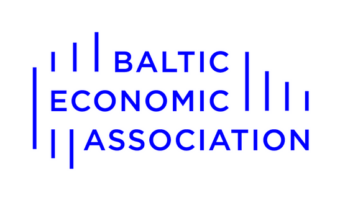The project aims to answer two fundamental questions: how does the increase in robot exposure affect wage inequality, and does the effect of robot exposure differ between European countries?
In recent years, we witnessed rapid progress in technology and an increase in automation in most sectors of the economy. Since the beginning of the 2000s in Europe, the number of industrial robots per 1,000 employees has quadrupled. On the one hand, research shows that increasing robot adoption positively influences productivity, wages and GDP growth. On the other hand, it also raises concerns about job stability and potential job losses due to replacing workers with automation technologies.
Not every occupation can be replaced with robots, and not all sectors of the economy are equally capable of adopting robots. Therefore, occupations can be divided into two groups – occupations in which workers perform repetitive (routine) tasks (e.g. assemblers) and occupations in which employees perform cognitive tasks (e.g. analytics). The first group of occupations is more vulnerable to being replaced by robots, as it is relatively easy to automate repetitive (routine) tasks (robots are substitutes for routine labour).
Robots cannot replace cognitive workers, and automation supports their work (robots complement cognitive labour). Therefore, the project aims to investigate the effect of automation on wages and if it affects wage inequality. In the literature, there is no comprehensive answer to the above questions. Foregoing research focused on the effects of automation on productivity, GDP growth, labour market situation and wages at the macroeconomic level. Thus, in the project’s first step, we will investigate the effect of automation on wage inequality within and between firms. In the project’s second stage, we will compare the differences in the robot’s exposure between European countries.
* * *
The National Centre of Science funds the project. Agreement: UMO-2021/41/N/HS4/03640; Project No.: 2021/41/N/HS4/03640.

- Principal investigator:
- Karol Madoń
- Project supervisor:
- Iga Magda
- Contact:
-
Karol Madoń karol.madon@ibs.org.pl



